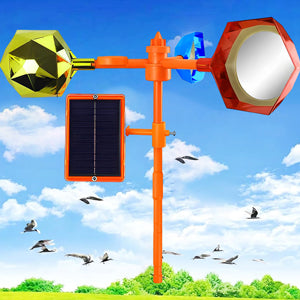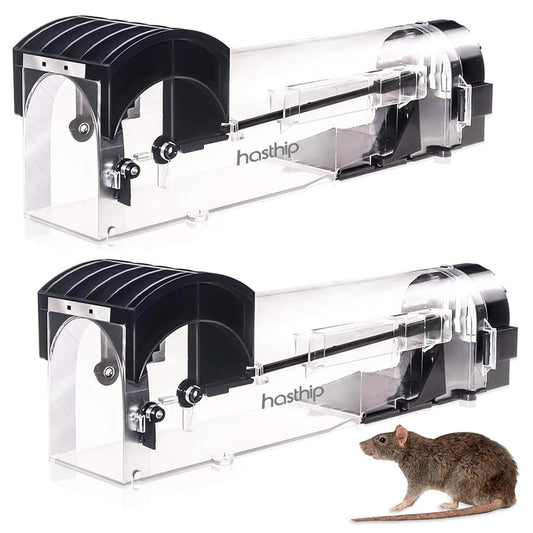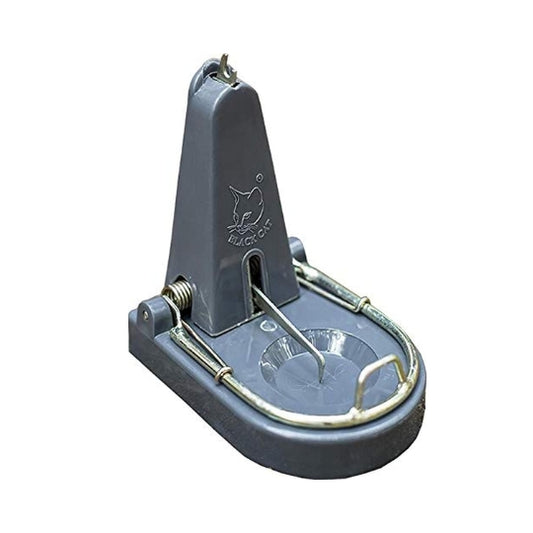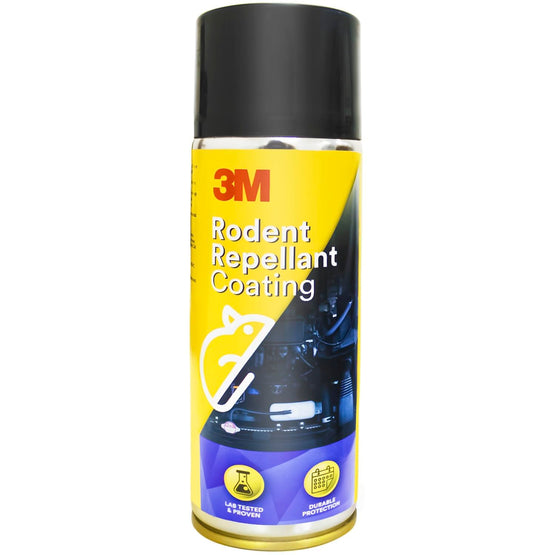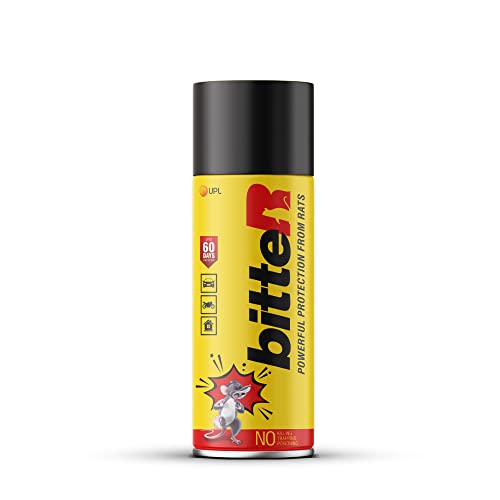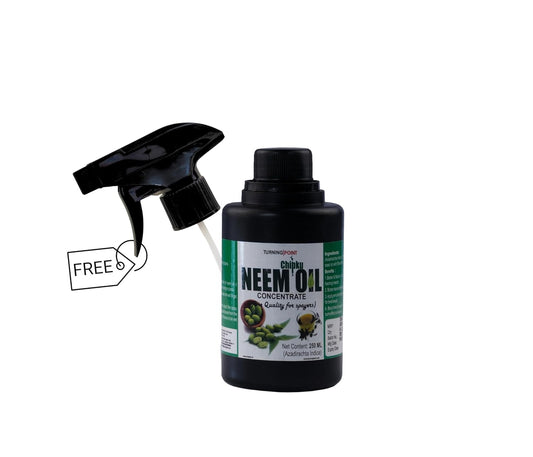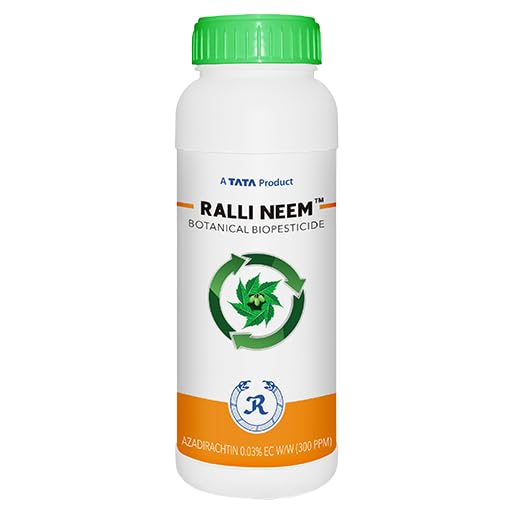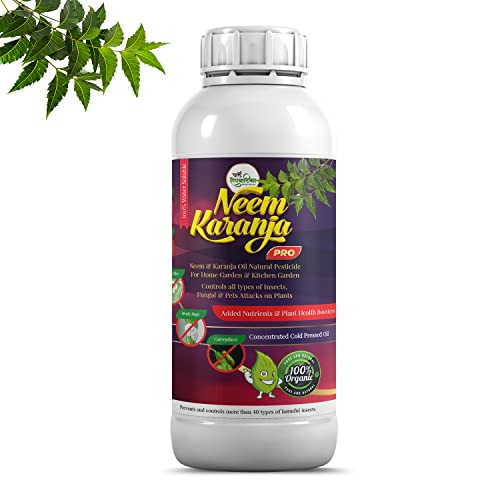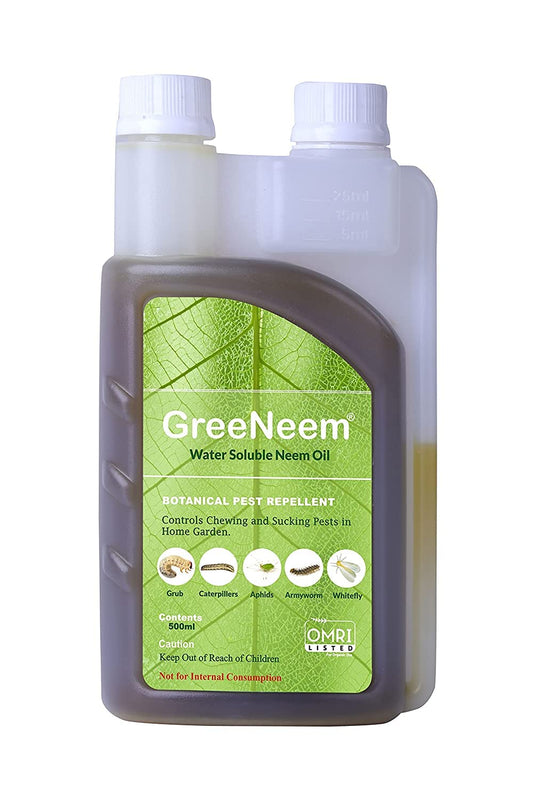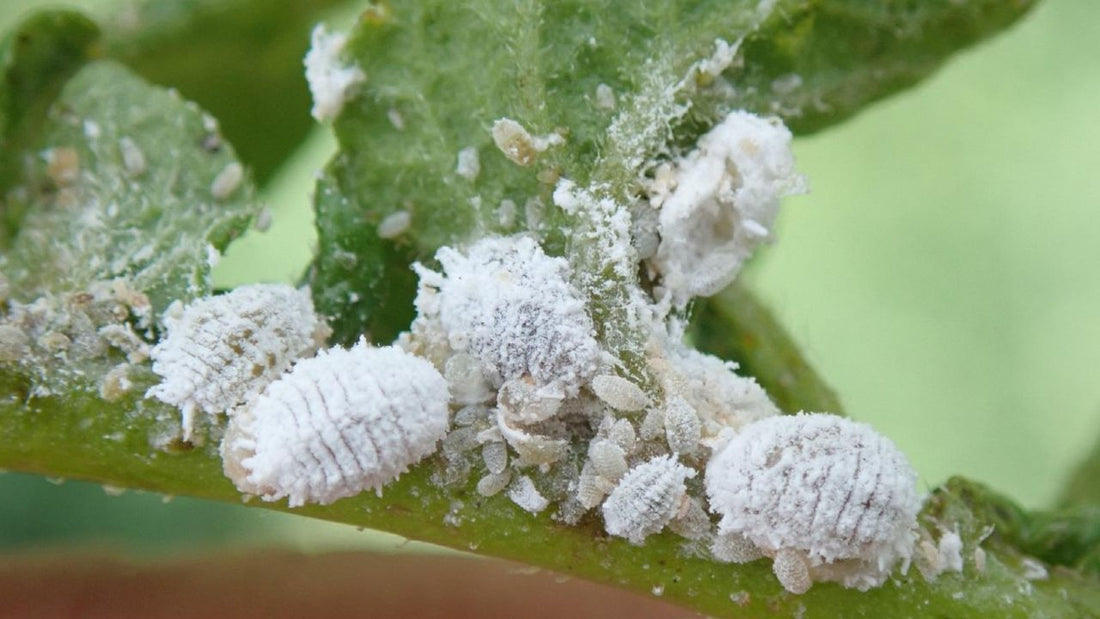
Mealybugs attacking plants in India
Share
ResetAgri.in is pleased to host this informative article, offering valuable insights into the identification and control of mealybugs, a common agricultural pest.
Mealybugs are tiny, soft-bodied insects that pose a significant threat to a wide variety of plants, including fruits, vegetables, ornamentals, and agricultural crops. These pervasive pests are found globally, with a notable presence in India.
The proliferation of mealybugs across India is a growing concern for both farmers and gardeners. These pests can inflict substantial damage, leading to reduced yields and rendering crops unmarketable, impacting livelihoods and food security.
Factors Contributing to Mealybug Spread in India
Several factors contribute to the widespread distribution of mealybugs throughout India:
- Introduction of New Mealybug Species: The import of infected plants or plant material can inadvertently introduce new mealybug species into India, establishing new infestations.
- Use of Infected Planting Material: Farmers unknowingly contribute to the spread by using planting material already infested with mealybugs, effectively introducing them into their fields.
- Movement of Infected Plants: The transportation of infected plants, whether for trade or personal use, is a significant pathway for mealybug dissemination.
- Favorable Environmental Conditions: Mealybugs thrive in warm, humid conditions. Areas with such climates are particularly susceptible to outbreaks, providing an ideal environment for their reproduction and spread.
Common Mealybug Species in India
Here are some of the mealybug species frequently encountered in India:
- Solenopsis Mealybug (Phenacoccus solenopsis): This is a particularly invasive species that has caused significant problems in cotton crops across India since 2008, impacting a vital agricultural sector.
- Pink Hibiscus Mealybug (Maconellicoccus hirsutus): This species has a broad host range, affecting plants such as hibiscus, grapes, and citrus, making it a versatile and widespread pest.
- Citrus Mealybug (Planococcus citri): This species is a major pest of citrus fruits in India, causing considerable economic losses to citrus growers.
Effective Mealybug Control Strategies
If you suspect mealybug infestations in your plants, there are several effective control measures you can implement:
- Regular Plant Inspection: Routinely inspect your plants for signs of mealybugs. They are small, white insects often found on the undersides of leaves and are characterized by a distinctive white, cottony wax on infested plants.
- Manual Removal: For small infestations, you can manually remove mealybugs by hand or with a cotton swab dipped in rubbing alcohol.
- Organic Pest Control: Insecticidal soap or neem oil can be used to control mealybugs. Always follow the instructions on the product label carefully for safe and effective application.
- Promote Plant Health: Healthy, well-watered plants are more resilient and less susceptible to mealybug attacks. Ensure your plants receive adequate nutrition and care.
By adopting these strategies, you can significantly help in controlling the spread of mealybugs in India and protect your valuable crops and plants from damage.
Registered Pesticides for Mealybug Control in India
| Crop | Product Name (Brand) | Active Ingredient | Concentration | Application Rate (per liter) |
|---|---|---|---|---|
| Cotton | FMC Talstar Plus | Bifenthrin 8% + Clothianidin 10% SC | 1 ml | 1 ml |
| Cotton | Tata Odis, Crystal Record | Buprofezin 20% + Acephate 50% w/w WP | 2.5 gm | 2.5 gm |
| Cotton | Upl Apache, Swal Oxalis | Fipronil 15% + Flonicamid 15% WDG | 0.8-1.0 gm | 0.8-1.0 gm |
| Cotton | Bayer Movento Energy | Spirotetramat 11.01% + Imidacloprid 11.01% w/w SC | 1.25 ml | 1.25 ml |
| Cotton | Dow Transform, Dhanuka D-one | Sulfoxaflor 21.8% w/w SC | 0.75 ml | 0.75 ml |
| Grapes | Dhanuka Apple, Biostadt Banzo | Buprofezin 25% SC | 1.5-3 ml | 1.5-3 ml |
| Grapes | Indofil Dash | Methomyl 40% SP | 1.5-2.5 gm | 1.5-2.5 gm |
| Grapes | Bayer Movento | Spirotetramat 15.31% w/w OD | 0.7-1.5 ml | 0.7-1.5 ml |
| Mango | Tata Rallis Tafgor, Katyayani DEMAT | Dimethoate 30% EC | 1-2 ml | 1-2 ml |
| Mango | UPL Phoskill, Rain Biotech Monorin | Monocrotophos 36% SL | 1.5-3 ml | 1.5-3 ml |
| Okra (Bhindi) | Bayer Movento Energy | Spirotetramat 11.01% + Imidacloprid 11.01% w/w SC | 1 ml | 1 ml |
| Sugarcane | UPL Phoskill, Rain Biotech Monorin | Monocrotophos 36% SL | 1.5-3 ml | 1.5-3 ml |
We at ResetAgri.in sincerely hope that farmers find this article on mealybug management useful in protecting their crops. We encourage you to share your experiences and questions in the comments section below. To stay updated with the latest agricultural insights and connect with our community, please join our WhatsApp channel and follow our Facebook page.







